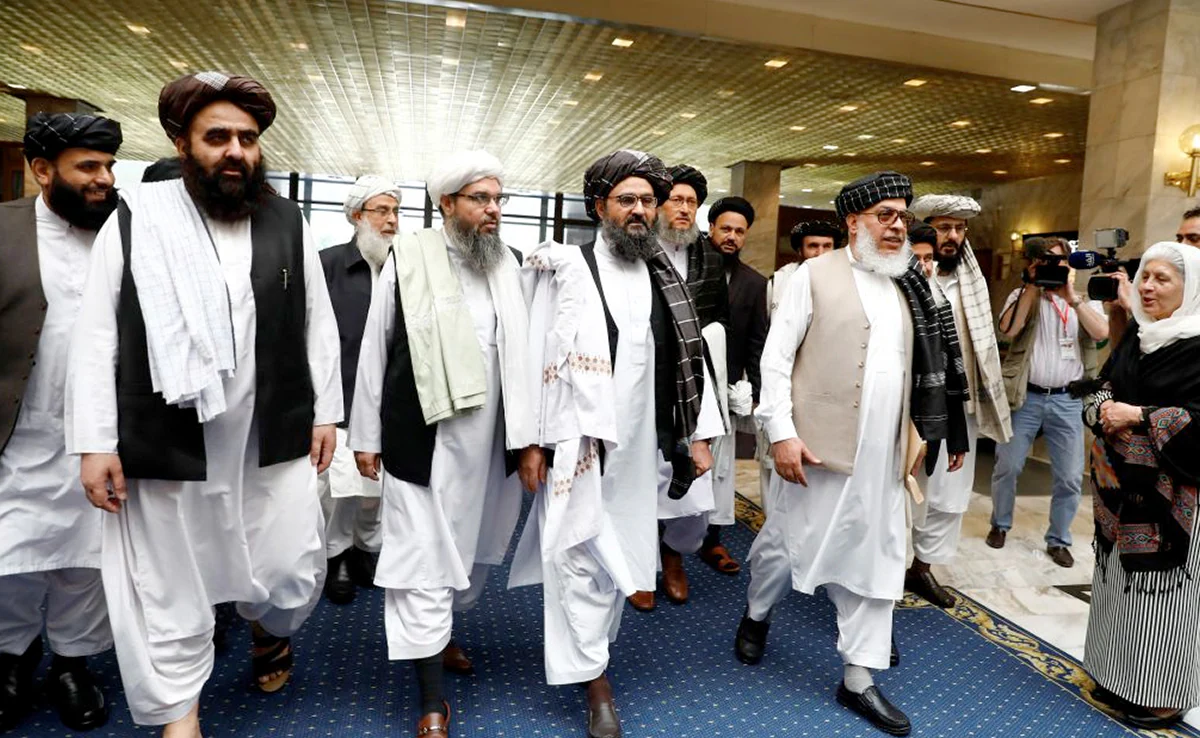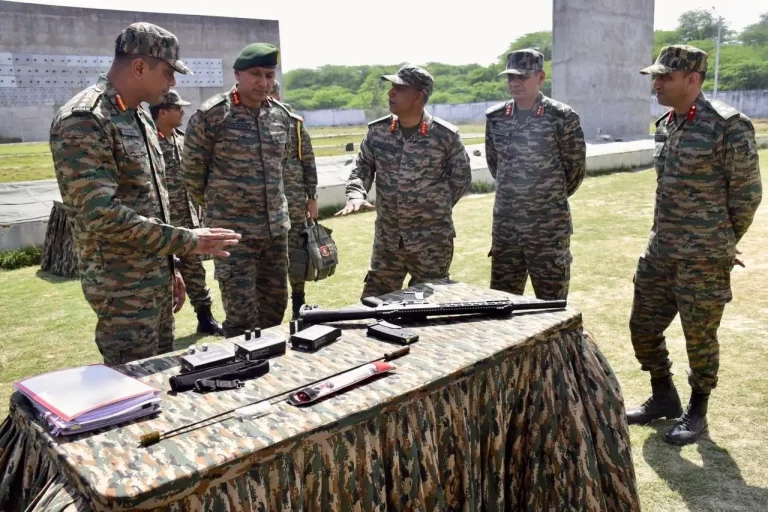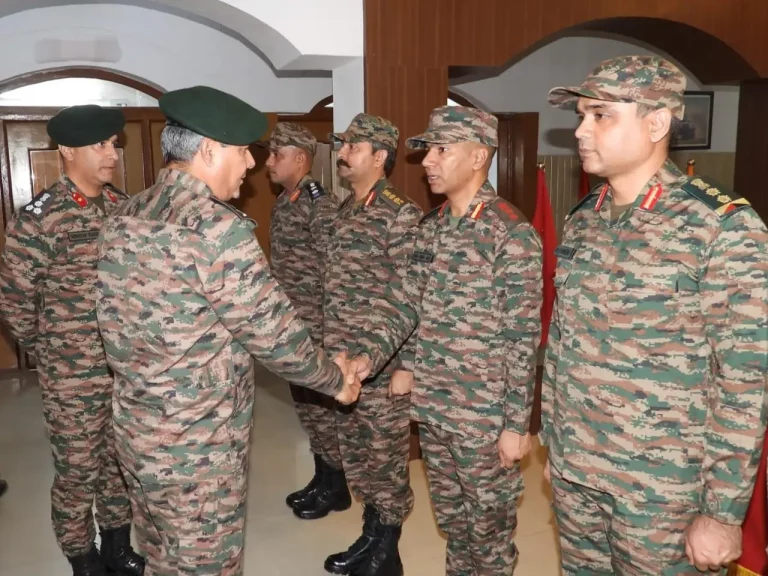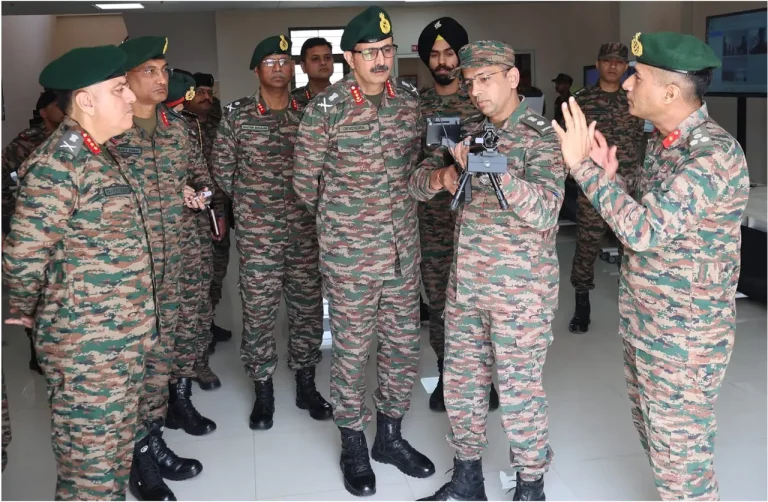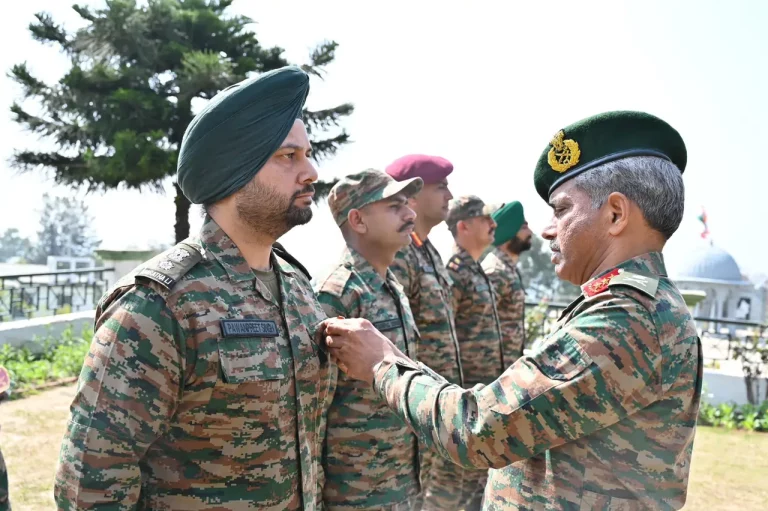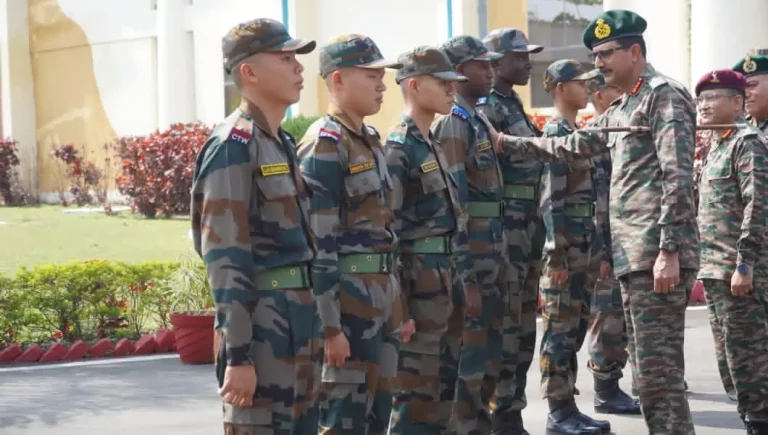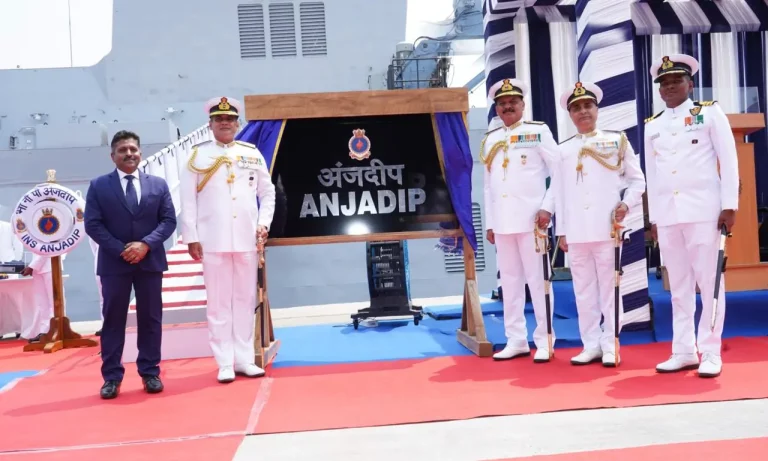In a significant diplomatic response, both India and Afghanistan have firmly rejected claims from Pakistan suggesting that an Indian missile attack was launched from or targeted Afghan territory. This development comes at a time of heightened military tensions in South Asia, which have escalated following a series of deadly exchanges between India and Pakistan.
The Afghan Ministry of Defence, through spokesman Inayatullah Khawarizmi, labeled the accusations from Islamabad as “baseless and fabricated.” In an interview with Hurriyat Radio Pashto, Khawarizmi stated that no missile activity occurred on Afghan soil and accused Pakistan of spreading misinformation to divert attention from its own actions in the region.
In a parallel statement, India’s Ministry of External Affairs dismissed the allegations as “false propaganda,” aimed at misinforming the international community. Indian officials made indirect references to Pakistan’s historical interference in Afghanistan, asserting that the Afghan populace is well aware of the respect for their sovereignty throughout history.
These statements follow India’s military operation on May 7, 2025, known as Operation Sindoor, which involved the Indian Air Force executing precision strikes on four Pakistani airbases: Chaklala (Rawalpindi), Murid (Chakwal), Rafiqui (Shorkot), and a classified location. This operation was deemed a response to a terrorist attack in Kashmir resulting in 26 civilian deaths, an act which India attributes to terror groups operating from Pakistan.
In reaction to these strikes, Pakistan claimed to have shot down five Indian aircraft and issued stern warnings of potential severe retaliation. Additionally, Pakistani military representatives alleged that India had utilized Afghan territory as a launchpad for its missile attacks—claims now categorically denied by both Kabul and New Delhi.
Civilian casualties have been rising on both sides of the Line of Control in Kashmir amid intensifying hostilities. This escalating conflict has captured the attention of global powers, prompting the United States to call for immediate de-escalation. U.S. Secretary of State Marco Rubio has reportedly engaged in discussions with Pakistani Deputy Prime Minister Ishaq Dar, offering Washington’s assistance in mediating talks to prevent further escalation.
The situation is further complicated by long-standing tensions between Afghanistan and Pakistan, which involve issues of border violations, cross-border militant activities, and Pakistan’s historical association with groups such as the Tehrik-i-Taliban Pakistan. This context fosters skepticism within Kabul regarding Pakistan’s narrative.
As both India and Afghanistan present a united front against Pakistan’s claims, regional analysts suggest a potential shift in geopolitical alignments. The international community is closely monitoring developments, underscoring the urgent need for diplomatic efforts and restraint to avert a broader military confrontation in the South Asian region.
